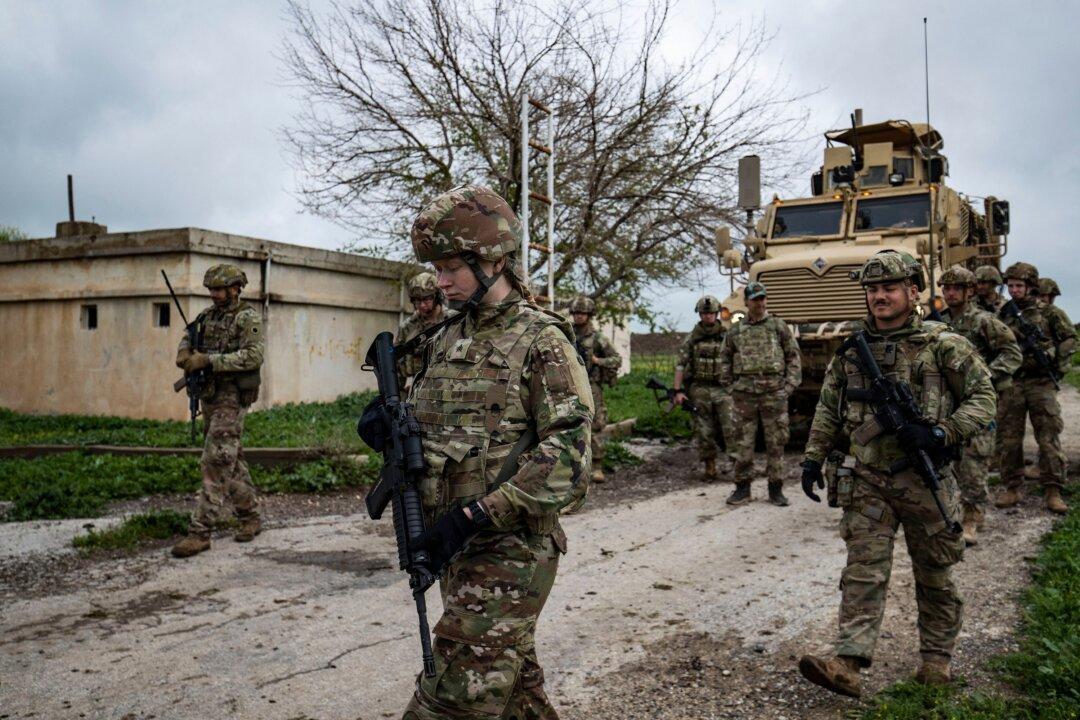The United States will deploy 300 additional troops to the Middle East following several new attacks on U.S. and Coalition forces in Iraq and Syria, the Pentagon has announced.
The forces will deploy to undisclosed locations in the Middle East outside of Israel, Pentagon spokesperson Brig. Gen. Pat Ryder told reporters on Oct. 31.




